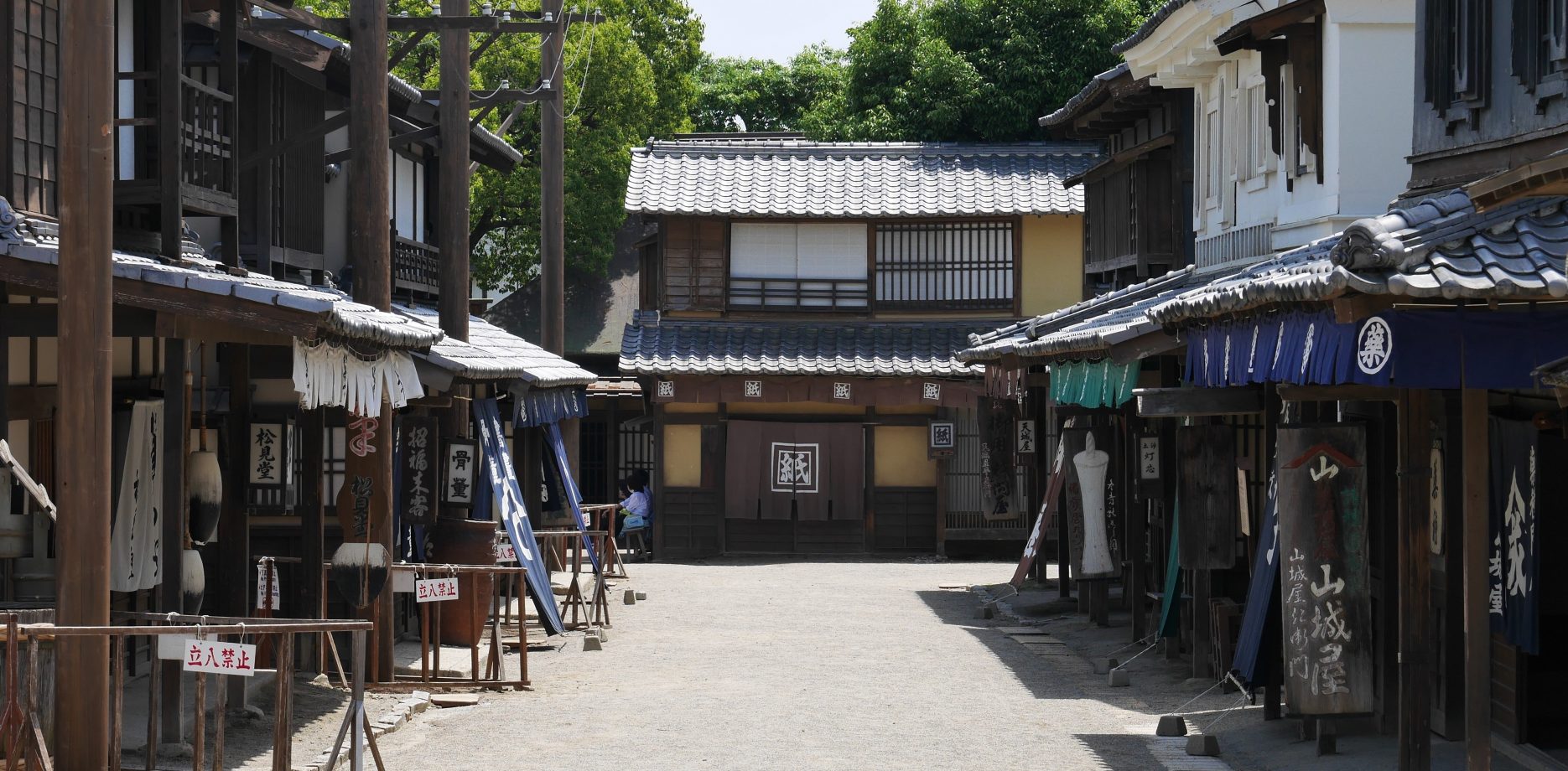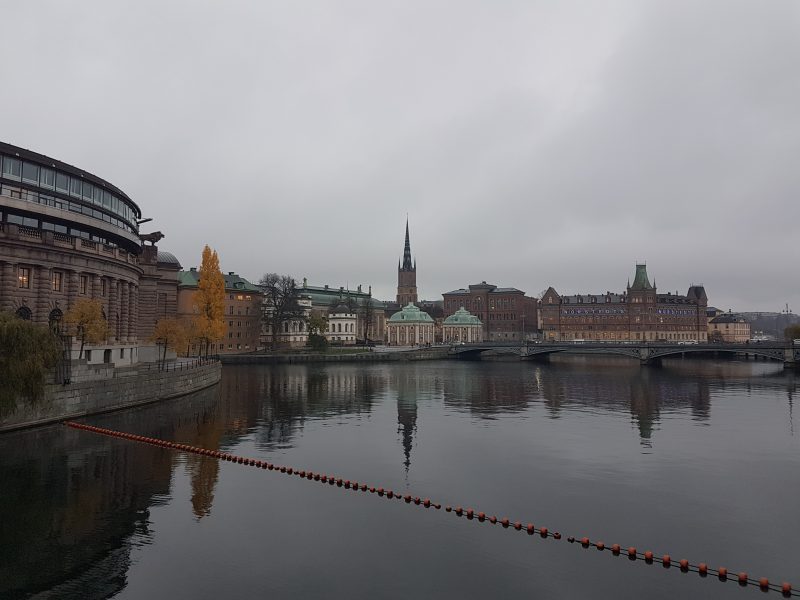After my first serious, long-term relationship ended, I didn’t have a lot tying me to the UK:
- Few material possessions: All our furniture was from my ex-girlfriend’s old house. Actually, my very generous ex-girlfriend offered to let me store whatever I wanted in the loft after the relationship ended.
- Social life was a mess: Reading was a bit too small to make many friends. In addition, moving back and forth, the stressful house renovation, and the relationship difficulties, there wasn’t a lot of time to repair or expand my social net after the move back to Bristol.
- Few English friends: While I was very happy with my life in the UK, not many British people were a part of it. Ninety percent of my colleagues at work were English, as well as everyone at my bowling leagues. However, despite all this opportunity, there seemed to be some small difference in character that strained these local relationships. Over time, I became more and more interested in trying life somewhere else in Europe.
The breakup was my chance to do something exciting, abroad. However, because of Brexit, too much time outside the United Kingdom and Northern Ireland would jeopardise my 5 year UK residency. I could either stay another 1 – 2 years to get my permanent residency and UK citizenship or leave and possibly forfeit my right to live in the UK forever. I’m afraid the decision was quite easy, especially since I had something to do…
The question of bilinguality, back East

I had been wanting to learn Japanese since I transitioned from exclusively watching movies to only watching TV; not only TV, mind you, just Japanese TV. This isn’t the place to discuss this pivotal decision, especially since I published an article that explains why most people agree Japanese television is the best in the world.
In 2006, before returning back to school to transition from Philosophy to Computer Science, I went to Japan for two months. Half of that time was spent in a private language school getting introduced to the language and then the rest was spent travelling or “practising” what I had learned. Ten years later, I finally had the opportunity to finish what I had started by enrolling in a full-time, 1 year Japanese course in Fukuoka, the midpoint between Hiroshima and Nagasaki, on Japan’s far western island of Kyushu.
The plan was to take 3 years and learn Japanese to fluency before returning to Europe and figuring out where to live after Brexit. You’ve might have heard that becoming fluent in a language or in Japanese specifically takes 2 years of full-time study and that is mostly true. The idea behind adding the 3rd year was to not study full-time. Turns out that there isn’t really a way for older people, aged 30 and above, to study Japanese part-time. I’ll save the exact in-and-outs of my life in Japan for another article, but suffice it to say that studying a language full-time is by far the most difficult learning environment I have ever encountered (and I have a Master’s of Science in Computer Science). Just to give you a preview of the future post about my time in Japan: It is only really the vocabulary burden that makes it so unpleasant.
After a little over a year in Fukuoka, Japan, my 3rd Japanese visa application was rejected. I had a few months before self-deportation. And that began the most detailed relocation research I’ve done to date…



